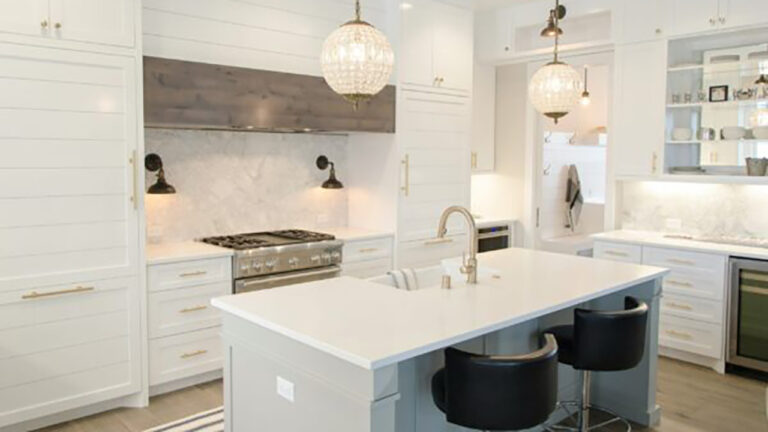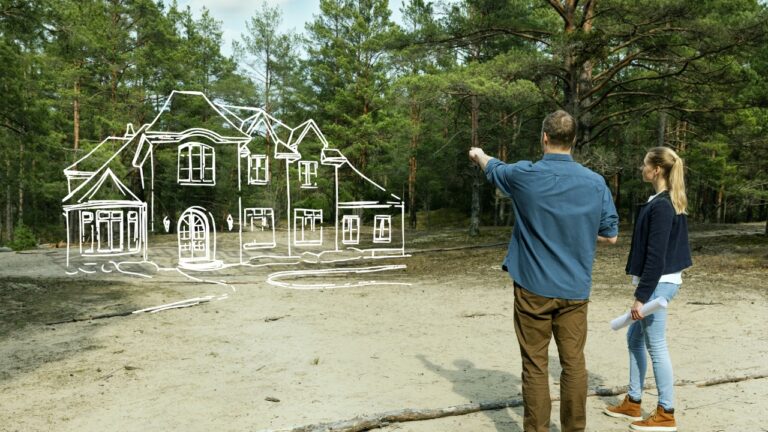8 Things You Shouldn’t Let Pile Up in the Shed (Even If They Fit)
It’s easy to treat the shed like a catch-all, especially when something technically fits. But stacking, cramming, or stuffing things into a shed can turn it from a useful storage space into a place where things break, rot, or disappear entirely.
Just because it closes doesn’t mean it’s the right spot for it. If you’re not careful, all that “out of sight” turns into wasted money.
Cardboard Boxes

Even if they’re full of tools, decorations, or project leftovers, cardboard’s a bad idea in any outbuilding. It holds moisture, attracts mice, and eventually collapses on itself. Things inside end up ruined or chewed through. Switch to plastic totes or anything rodent-proof with a sealed lid.
Extra Bags of Feed

It might seem handy to toss extra feed bags in the corner, but they won’t last long. Humidity, bugs, and mice get to them fast. Even sealed bags can soak up moisture from the ground or walls. If it’s not going to be used within the week, move it inside.
Garden Chemicals

Too much heat or freezing temps can ruin fertilizers, weed killers, and insect sprays. Even unopened bottles can swell, leak, or lose effectiveness. If your shed isn’t temperature controlled, those chemicals are better off in a garage or inside storage cabinet where temps stay more stable.
Old Paint Cans

Paint doesn’t handle temperature swings well. Left out in the shed, it’ll thicken, separate, or dry out completely. Even if the can looks sealed, rust or small cracks will ruin it fast. Keep leftover paint in a climate-controlled space if you’re hoping to use it again.
Broken Tools

If it’s broken and shoved in the corner, you’re either going to forget about it or trip over it. Old tools take up space and attract rust. If you’re not planning to fix it soon, go ahead and toss it or strip it for parts.
Empty Plant Pots

It’s fine to keep a few on hand, but when they start stacking up, they turn into a nesting spot for spiders and mice. They also collect rainwater and become a mess fast. Only keep what you’ll actually use for the next season and get rid of the rest.
Unused Wood Scraps

Unless it’s treated and sealed, wood stored in the shed warps fast in heat or humidity. Piled-up scrap turns into a mold magnet or a termite buffet. If you don’t have a clean, dry place to stack it off the ground, it’s not worth saving.
Random Cords or Hoses

When you’ve got loops of wire, rope, or garden hose tossed in a bucket, it only takes one hot day for them to tangle or crack. And once they’re all twisted together, you’ll end up replacing them instead of reusing them.
*This article was developed with AI-powered tools and has been carefully reviewed by our editors.







